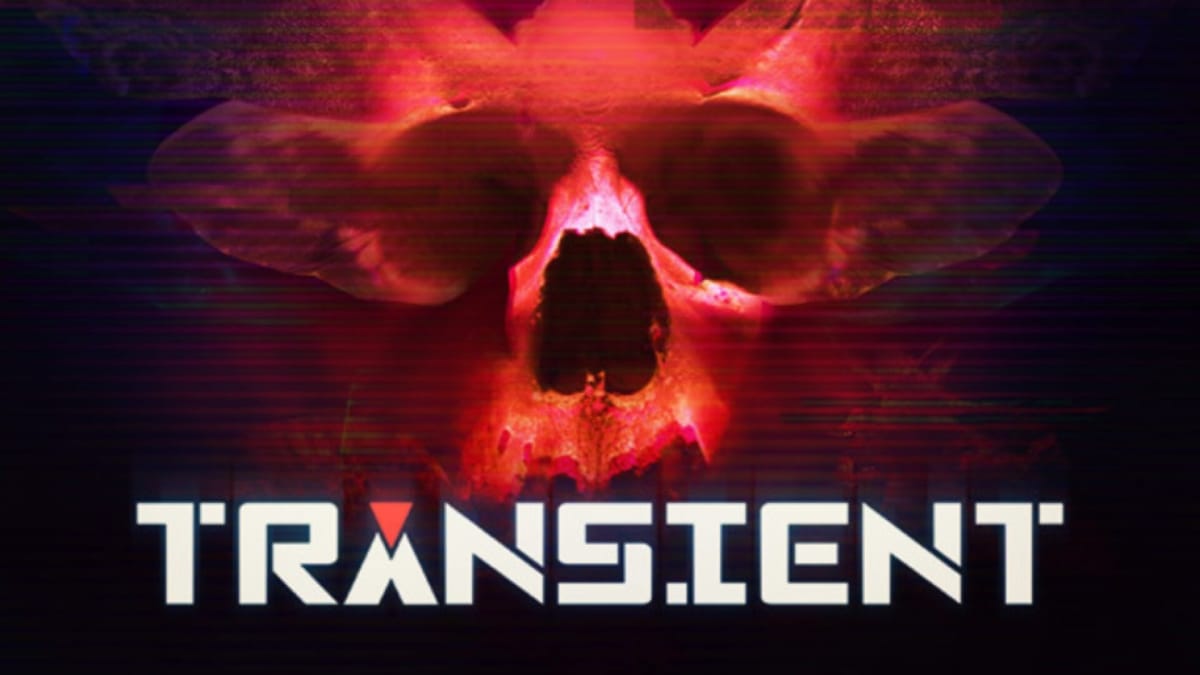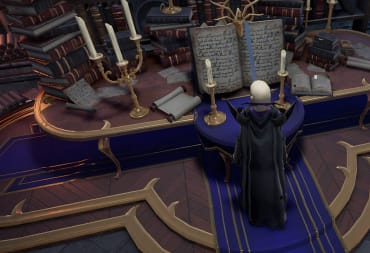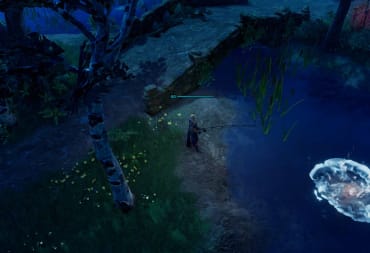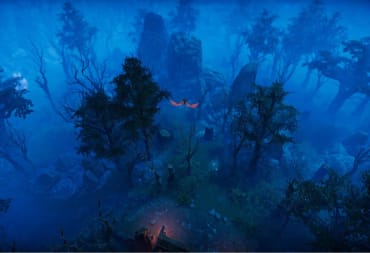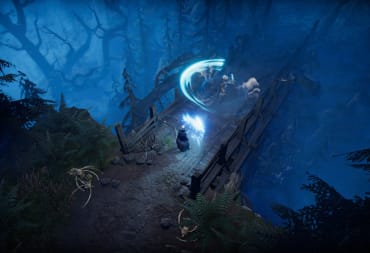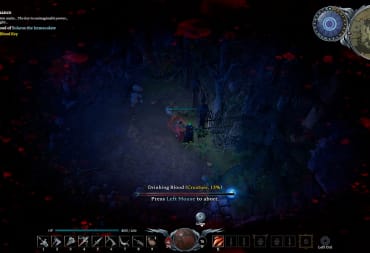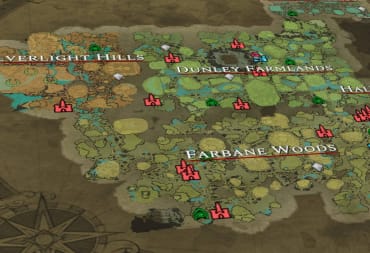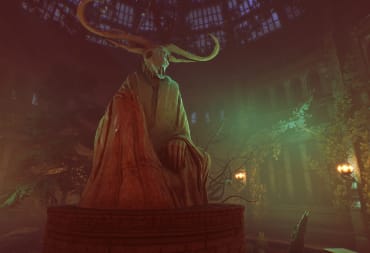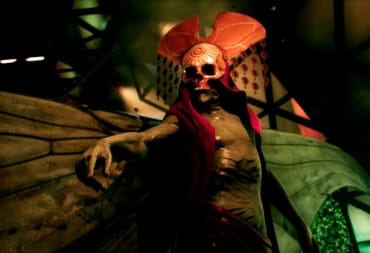Cybernetically enhanced hacker-for-hire Randolph Carter cannot remember his last mission. Apparently, he and the other members of his hacker group ODIN broke into the labs of Khepra Corporation, the shady big-business enterprise which controls most of the domed city of Providence. However, something happened deep in those labs, and now Carter is receiving terrifying messages from his friends, traveling to other worlds in his dreams, and possibly even hearing the voice of an elder god. What is going on in Providence, and can Carter figure it out before it's too late?
Billed as a fusion between the futuristic cyberpunk genre and the classic dimension-spanning horror of H. P. Lovecraft, Transient is the latest offering from Turkish developers Stormling Studios (formerly Zoetrope Interactive) and Dutch publisher Iceberg Interactive. The Stormling team is quite familiar with the works of Lovecraft and the horror genre, having previously created Conarium (an adventure title directly inspired by Lovecraft's At the Mountains of Madness) and the Darkness Within series.
Transient, their most recent game, focuses on key Lovecraftian themes such as loss of identity, succumbing to despair, and the exploration of other worlds in dreams. Fans of Lovecraft's work will definitely see familiar names and terms scattered throughout the game, but the setting of Providence - billed as "the last city," humankind's final refuge after a great catastrophe in the past - is entirely original.
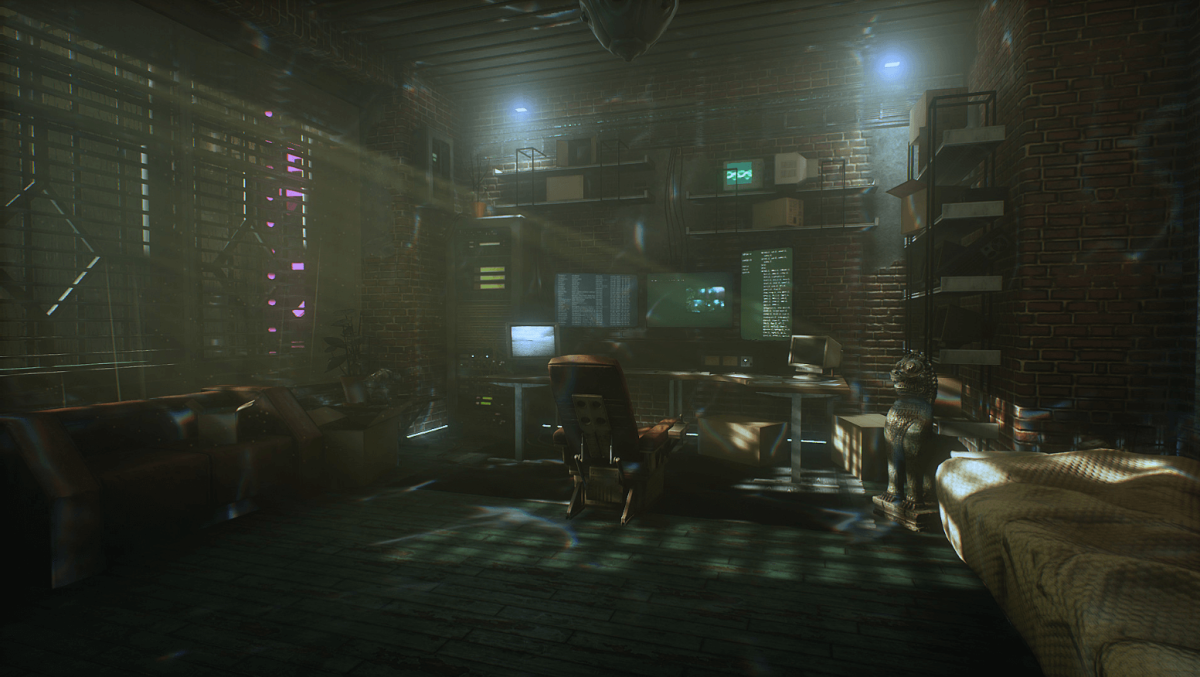
Dreams, Distant Planets and Cyberspace
The central conceit of Transient's story and gameplay is "the exploration of other worlds". Protagonist Randolph Carter, like most of the denizens of Providence, rarely leaves his apartment, instead choosing to use his cybernetic enhancement PHI to interact with other humans in virtual "cyber-enclaves". As Carter's powers grow throughout the game, he also gains the opportunity to traverse the memories and subconscious of his team members and visit dream realms and even far-off planets in his sleep. Over the course of the game's five chapters, the player (as Carter) is given the chance to explore over a dozen different environments.
These varied worlds are definitely Transient's greatest strength. Each is stunningly detailed and unique - Providence is gritty, modern, dirty and constantly bathed in neon light, while the dreamland of Tehom is ancient and mysterious, full of crumbling monoliths, unidentified rocks and plants, and statues of a nameless elder god who greatly resembles Lovecraft mainstay Cthulhu. The cyber-enclaves range from a cheap, grungy bar to an elegant Gothic mansion - each time Carter entered one, I had absolutely no idea what lay ahead. Even the smaller environments, the apartments of Carter's teammates Alice and Akeley, differ visually from one another in order to provide clues regarding the character of their inhabitants.
I found myself excited every single time I was given a new location to explore. While Transient's gameplay features elements of the "walking simulator" genre, in that your task is usually "explore each new area to discover items, information and other clues which will allow you to move to the next area" the variety of areas you have to explore means that this "gameplay loop" never becomes stale. I thoroughly loved hunting through each area for clues, which could range from dossiers of information to mysterious artifacts to copies of Lovecraftian texts such as the Necronomicon and De Vermis Mysteriis. (The game does log all of these collectibles, so you can keep track of what you've discovered, which is very nice.) While it's hard to pick a favorite in-game area, I'd definitely have to go with Tehom, which used rock walls, plant life and blue lighting to create a feeling of exploring an underwater world despite being on dry land the entire time.
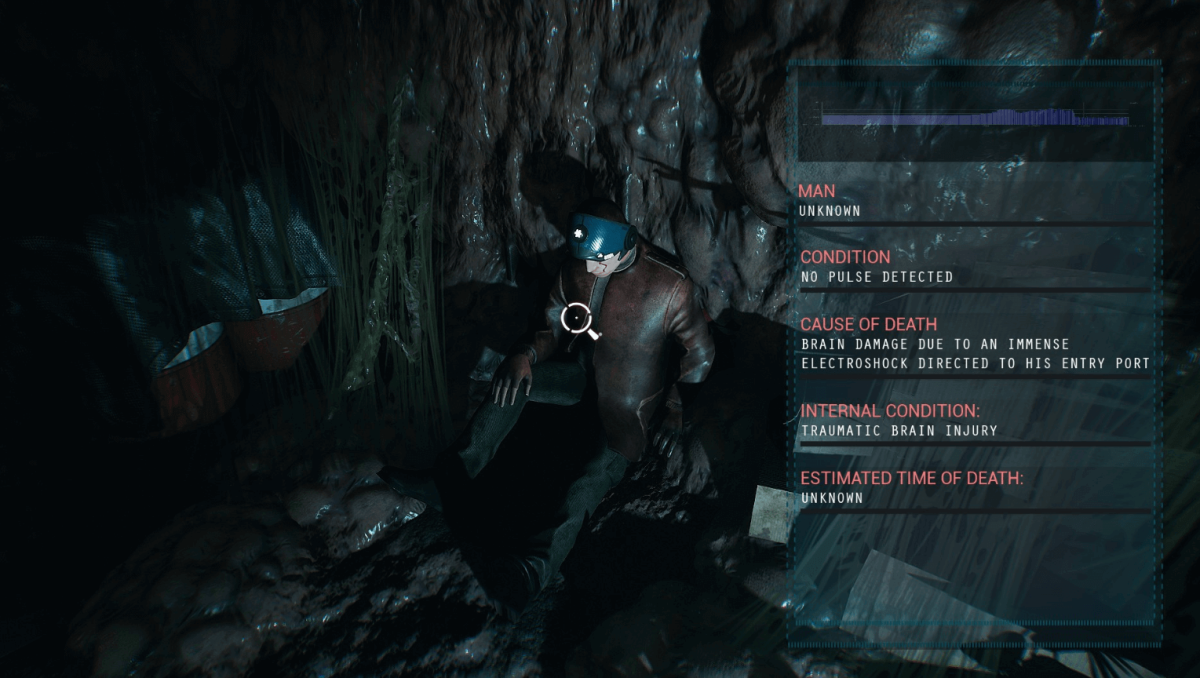
True Love for Lovecraft
I'm a lifelong fan of Lovecraft's works, and frequently consume media inspired by his take on cosmic horror. Lovecraft-inspired works tend to favor one of two extremes: either direct, textual references to his works and characters (especially the terrifying, incomprehensible Elder Gods) or an entirely original mythos dotted with vague, hidden references which only the most dedicated of Lovecraft fans will recognize.
To my surprise, I felt that Transient struck a pretty good balance between the two. Cthulhu, Nyarlathotep, and other Lovecraft-created Elder Gods are mentioned by name (with some even playing a direct role in the story) but they share space and screentime with original god-like beings and alien races. The original Lovecraftian characters are incredibly unique and compelling and do not feel simply like "Cthulhu ripoffs," especially as they take the rather original tack of exploring the intersection of "unknowable godlike being" and "powerful, human-created AI".
The main character is, of course, Randolph Carter, one of Lovecraft's few recurring human characters and a name which even the casual Cthulhu Mythos fan will likely recognize. Carter was the perfect choice for our protagonist's name, as the character possesses a literal version of the original's dream-walking ability but can also mimic his "out of body projection" via leaving his physical location and exploring virtual worlds. Direct Lovecraft homages and references can fall flat if not done well, but Transient's use of Randolph Carter is executed perfectly.
Of course, the game is also full of smaller Lovecraft references which the dedicated fan can enjoy tracking down as they explore Providence. Farmer Akeley from The Whisperer in Darkness is re-imagined as a game-loving hacker and member of Carter's team, while human characters including scientist Herbert West, musician Erich Zann, and virus patient Charles Dexter Ward each receive a mention. Cthulhu-inspired imagery is everywhere, from statues to graffiti to the bizarrely tentacle-like power cables which Carter must frequently follow - I found great satisfaction in seeing the myriad ways in which the creations of Lovecraft's imagination existed within the cyberpunk world that Stormling had developed.
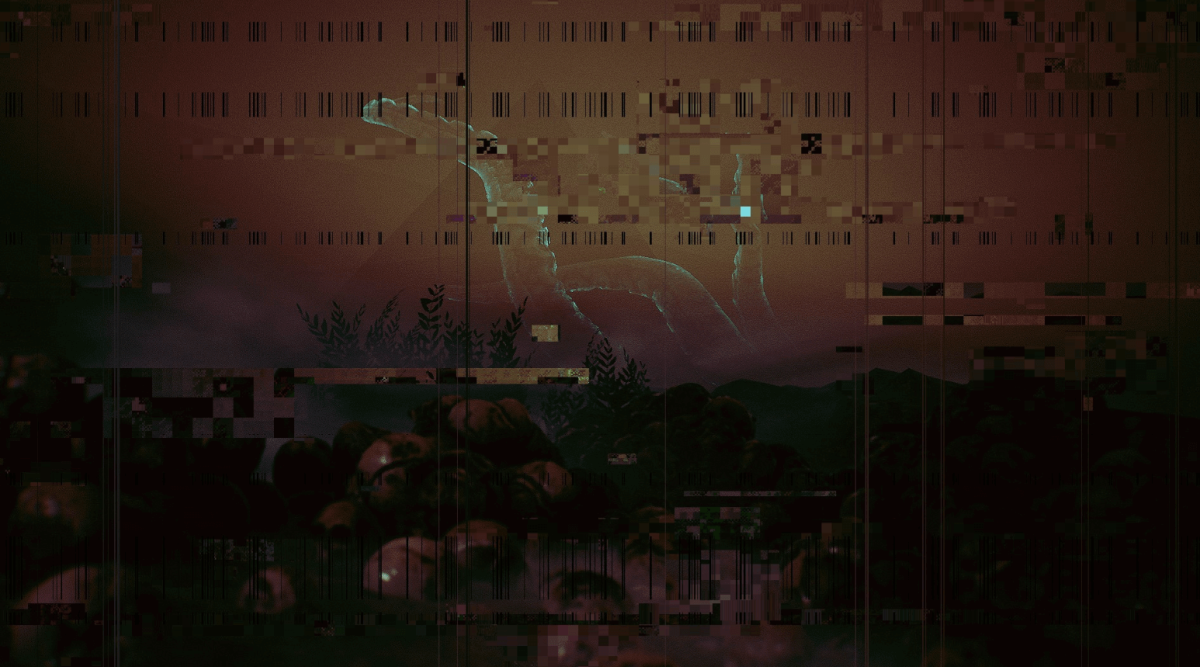
Varied Gameplay - Too Much of a Good Thing?
Transient very clearly attempts to step away from its "walking simulator" roots by offering several different types of gameplay throughout Carter's experience. While wandering around and exploring is still an important facet of the game, it also features puzzles (often used to depict "hacking" into computers and virtual enclaves) and a number of mini-games. Do these mini-games add to the overall game experience, or detract from it? Well...it varies.
The "hacking" puzzles are generally fairly inoffensive and even quite fun. My favorite involved moving a game piece around a grid to locate hidden files while avoiding security programs. Even the less fun ones were, for the most part, rather short and did not overstay their welcome. However, this was not the case for two particular minigames which appeared in Chapter 3 of Transient.
Chapter 3 featured Carter exploring the apartment of his supposedly dead friend Akeley, attempting to discover who killed Akeley and what knowledge the man might have had regarding the heist which Carter himself can no longer remember. As Akeley is an avid gamer, he has hidden the clues inside two "games-within-a-game" that he has created: Eldritch, a zombie fighter which pays tribute to the original Resident Evil, and Eryx, a hacking-based mini-game inspired by System Shock.
Fans of these original classic games might appreciate these sections and find them incredibly fun. In my case, however, I had no nostalgia for either, having not played Resident Evil or System Shock until well into adulthood. As a result, I found these sections frustrating, as they went on for far too long, required mastering significantly different gameplay styles in a short period of time, and were far more difficult than Transient itself. These mini-games dragged on, and your only reward for completing them was a clue or piece of information which could easily have been delivered using a different method. Eldritch was especially frustrating, as losing meant that you had to restart the entire game from the beginning, and there were no healing or revival items at all.
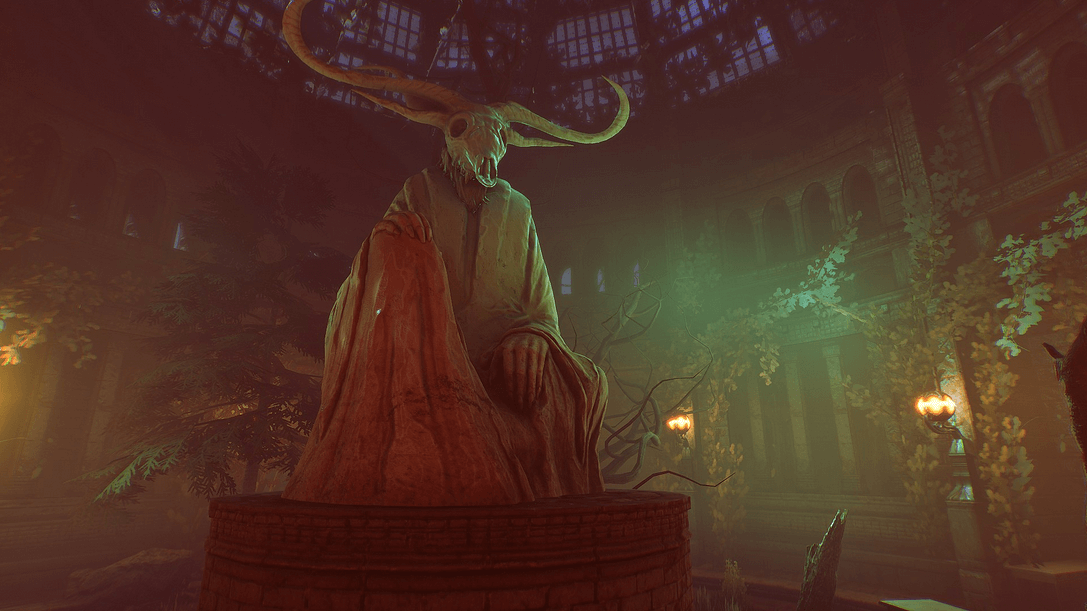
Transient's Pacing Problems
While Transient's greatest strength was its unique, detailed locations, its greatest weakness was definitely its pacing issues, especially regarding the ending. Certain parts of the game (especially the aforementioned Chapter 3) dragged out much longer than necessary, and there were some sections which felt extremely repetitive. Often, the game would ask you to repeat a task you had already performed earlier - such as scanning Alice's apartment for clues, making a mixture to aid in dream-walking, or loading new files via your computer terminal. As a result, the game took over a full hour longer than it would have without these "padded" parts, and I felt extremely burned out by the time I had reached the final chapter, especially as Transient attempts to maintain high tension and intense emotions throughout.
I also found myself unfortunately disappointed and unsatisfied by the game's ending. It was extremely ambiguous, as so many Lovecraft-inspired works tend to be, but it left me feeling that Carter's journey had not come to a satisfying conclusion after spending so much time exploring with him and learning more about his secrets and powers. While Lovecraft's work is based around the concept of "unknowable horror," that means that the Elder Gods themselves can't be properly comprehended by humans - it doesn't mean that the endings of stories featuring them must always by necessity be equally vague.
Fans of Lovecraft's works will probably enjoy Transient, while fans of the horror genre may appreciate the slow building of tension and willingness to explore frightening psychological concepts rather than relying on stock jump scares. However, the game's poor pacing and frustrating mini-games may also take away from the otherwise enjoyable experience.
TechRaptor reviewed Transient on PC with a copy provided by the publisher.
Review Summary
Pros
- Beautifully Rendered Environments
- Deep Exploration into Lovecraftian Lore
- Challenging Puzzles
Cons
- Mid/late Game Pacing Issues
- Overly Long Minigames
Have a tip, or want to point out something we missed? Leave a Comment or e-mail us at tips@techraptor.net
